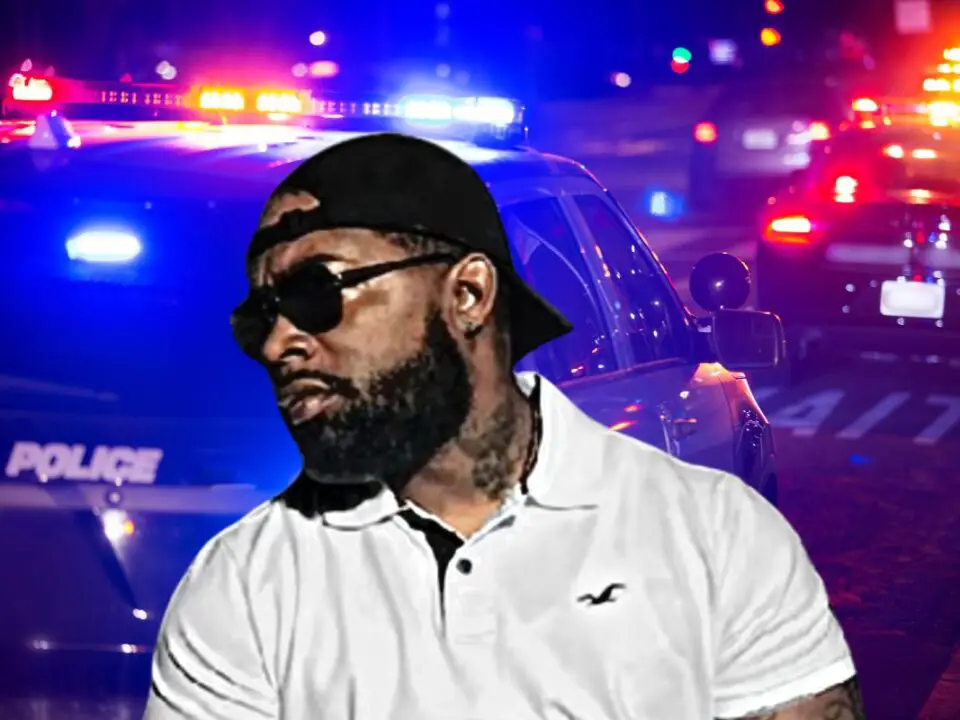Hip-Hop news, crime
Controversy surrounding rap music has found its way into a legal dispute between Police Lieutenant Gregory Drew, the Cuyahoga Metropolitan Housing Authority (CMHA), and William J. Sheldon, a former CMHA police officer.
Sheldon, who is African-American, has filed a lawsuit alleging that he was retaliated against and wrongfully terminated by the CMHA, and Drew, who is Caucasian, because of his rap music, specifically his song “Headshot.”
According to Sheldon’s complaint, he had complained about racial disparities in his treatment at work. Months later, he reported matters of public concern and complained of harassment and retaliation by Drew.
Sheldon claims that as a result, the CMHA, under the color of state law, retaliated against him by terminating his employment and interfering with at least two different job opportunities he sought outside the CMHA.
The CMHA, in turn, upheld Drew’s retaliatory actions.
Drew allegedly targeted Sheldon for termination because “Headshot” depicted a mock shooting of a homeless person and violence.
Sheldon’s rap music could be classified as gangster rap, with lyrics depicting violence and sexual themes. However, Sheldon claims that his rap music was created on his own time, out of uniform, and off-duty, without any reference to the CMHA or his job as a police officer.
Sheldon’s supervisor, Sergeant Smiddy, had heard some of Sheldon’s music and encouraged him in his rap music production.
Sheldon had also shown some members of the CMHA Police Department his rap videos, which were published on YouTube. Some department members had even purchased copies of Sheldon’s rap videos.
However, Drew urged Chief Andres Gonzalez to act against Sheldon because of the videos, which were Shelton’s First Amendment speech.
Supervisors in the CMHA Police Department were aware of Sheldon’s music. However, before his termination, the CMHA or Chief Gonzalez informed Sheldon that his rap music or videos might violate CMHA policy or CMHA Police Department policies.
The CMHA and Drew have known since at least 2019 of Sheldon’s rap music content. The CMHA reviewed nearly twenty rap videos produced by Sheldon but only five, including “Headshot,” were considered as justification for his termination.
Sheldon claims that his termination by the CMHA was causally connected to his speech and EEO workplace harassment complaints. Following arbitration of whether Sheldon’s discharge was justified, Sheldon was reinstated to his CMHA police officer position on September 22, 2022.
However, he alleges that his employment opportunities with other law enforcement agencies have been negatively impacted by the actions of Drew and the CMHA, specifically citing how Drew showed Sheldon’s “Headshot” video to the City of Bedford Heights, Ohio, during the hiring process, which he claims negatively impacted his employment opportunity.
The legal dispute highlights the tension between free speech and employment and the controversial nature of rap music.
While Sheldon’s rap music and videos may be offensive to some, the First Amendment protects his right to express his ideas and thoughts through his music, even if it is not in line with the values of his employer.
It remains to be seen how the lawsuit will be resolved and its impact on the intersection of free speech and employment.
